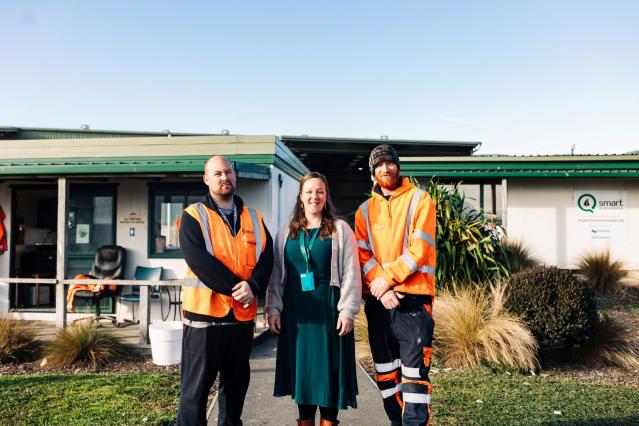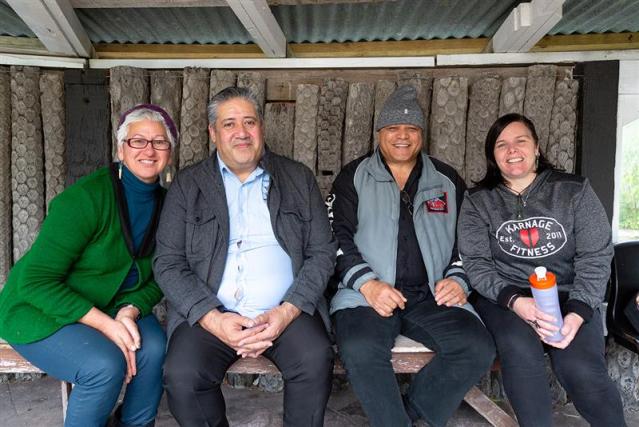Whai wāhi mai
Get involved
We can all contribute to a smokefree Aotearoa.

Breakfree to Smokefree
For generations, smoking has been normalised, glamourised and made way too convenient.
It's time for us to break free.


Smokefree spaces
Join us to keep public spaces and places in Aotearoa smokefree and vapefree.
